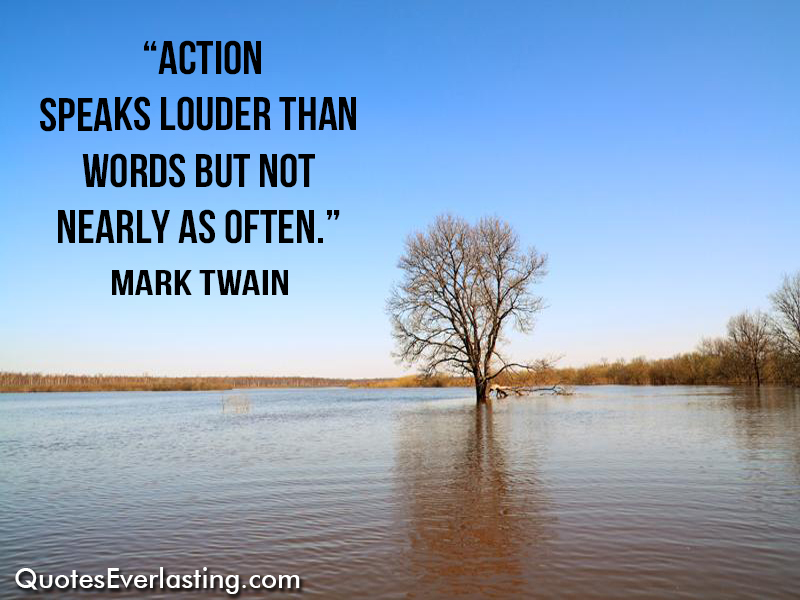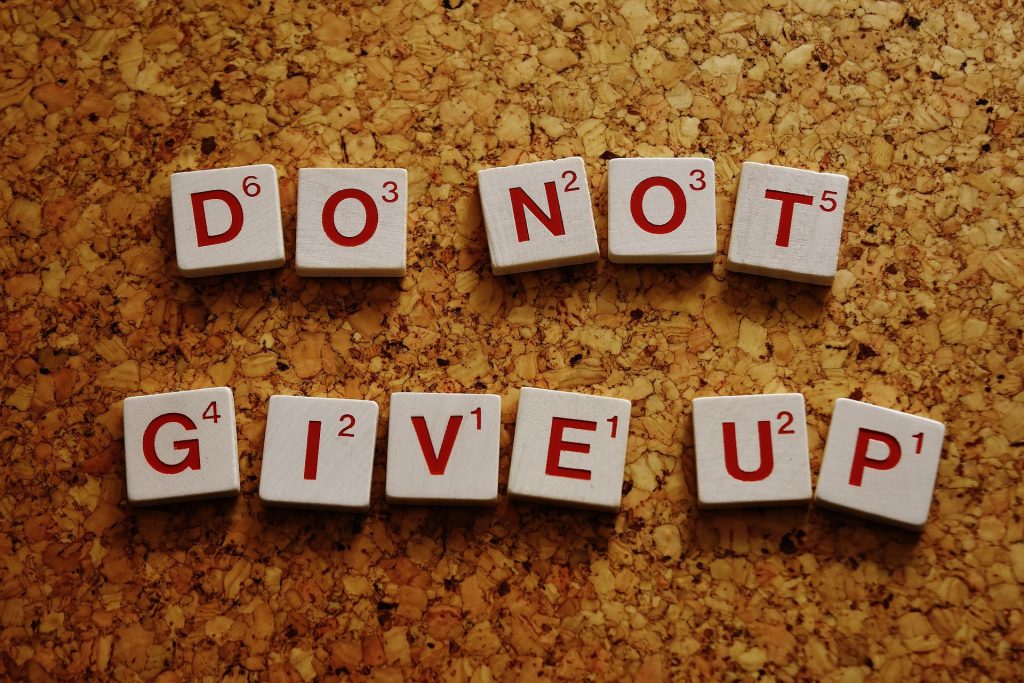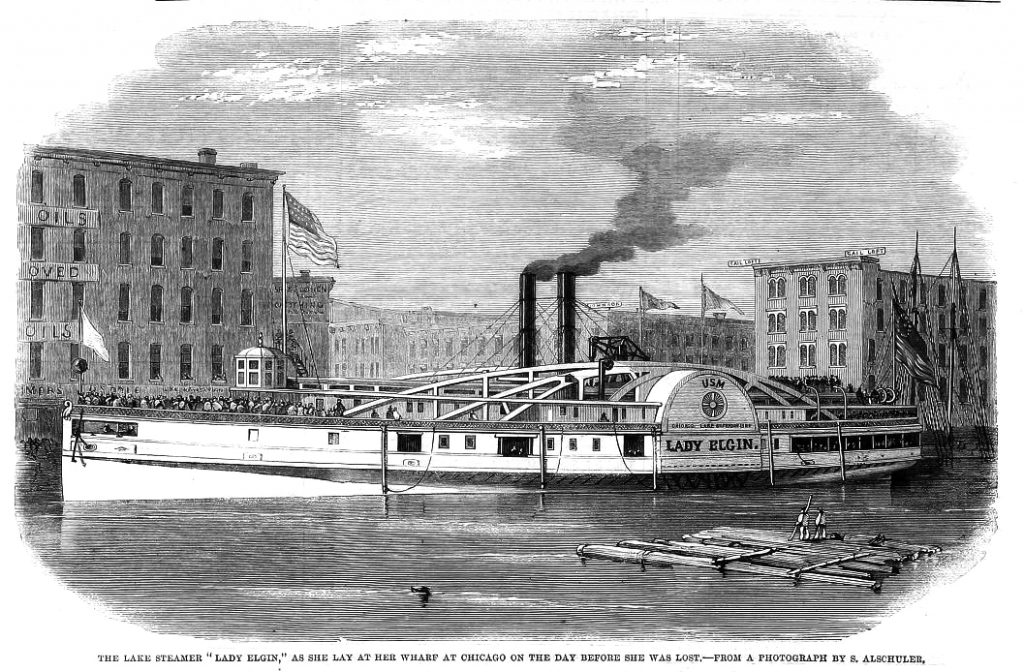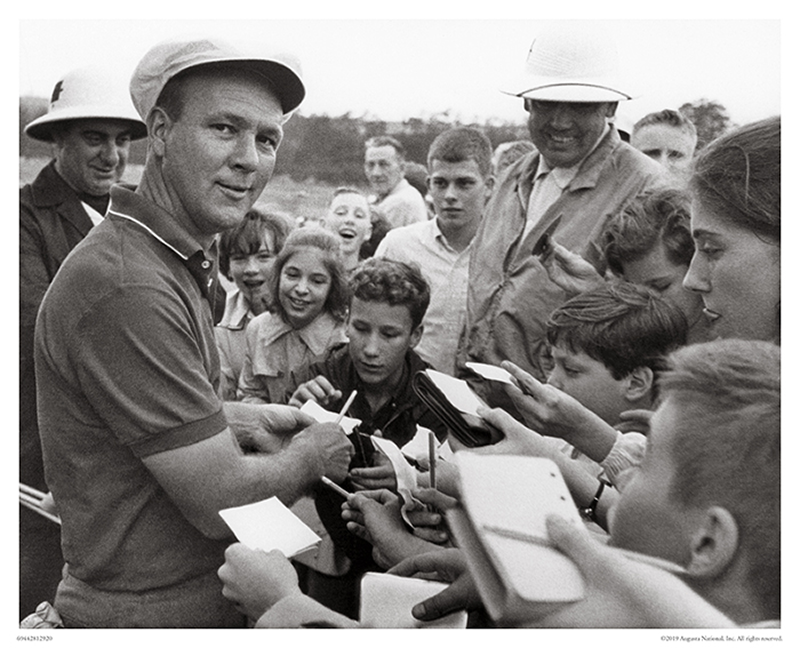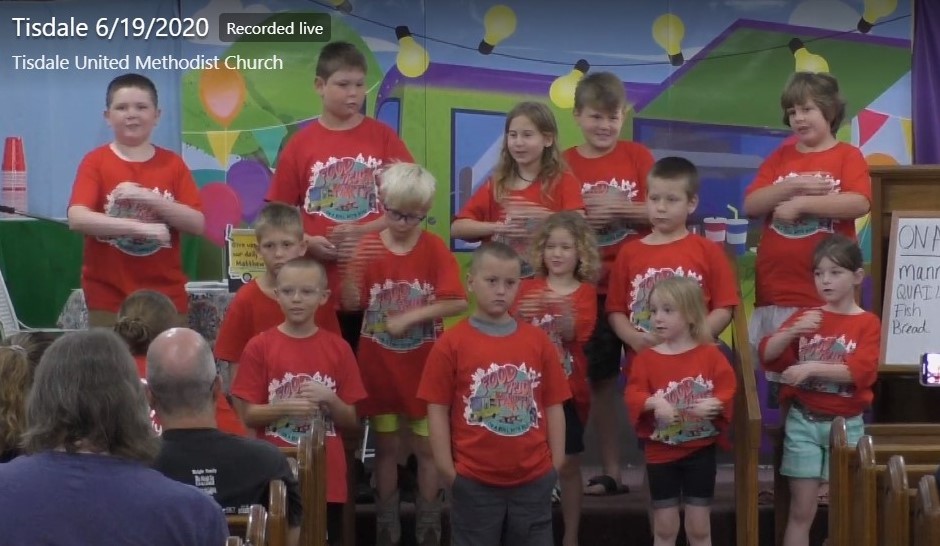How I Put This Superpower to Work
The past couple of weeks we talked about my “aha moment” and how the Seven Decisions in Andy Andrews’ book The Traveler’s Gift were a part of that.
In the book, David Ponder feels like a failure and is ready to give up. That is until his amazing, supernatural journey through time. On this journey, he makes seven stops, each one providing a ‘Decision for Success’.
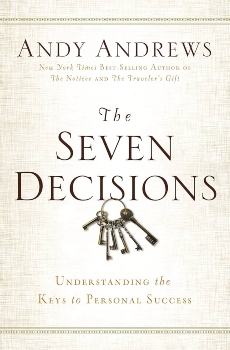
He is instructed to keep them with him—reading each one every morning and every evening for twenty-one days—committing these seven principles to his heart. Only then will they become a part of who he is, leading to a changed life.
Here’s how Andy determined what these were and their value:
After both of his parents died when he was nineteen he had no money and was living under a pier in Golf Shores, Alabama. From this place of despair and anguish he asked himself,
“Is life just a lottery ticket or are there choices one can make to direct his future?”

Then something amazing happened, a turning point in his life. He became friends with an old, homeless person, who gave him a remarkable gift- a library card.
He started reading the biographies of famous, successful people. He became more and more interested in learning how these people achieved success.
Over time, he read more than two hundred biographies of great men and women. He wondered if they were simply born this way. Or were there decisions made that led to success?
It took several years, but he determined that there were seven characteristics that each successful person had in common.
Each one of us has the ability to change the world.
Every choice you make matters. Even more important, every choice you don’t make matters just as much.
The Butterfly Effect is the belief that even the smallest, tiny actions can have dramatic consequences. The flap of a butterfly’s wings can be inexplicably intertwined with the birth of a hurricane around the world.
Even the smallest things we do can have a tremendous impact on our world.

Andy points out that even though these seven principles don’t seem very profound. “They can have impact once you really grasp how they’ve been used by other people. Then they become an amazing key to releasing incredible personal power that allows you to explore the world of opportunity that surrounds all of us.”
After reading The Traveler’s Gift and learning more about Andy and his story I felt like I needed to put this into practice.
I took the advice given to David Ponder in the book and read through each of the Seven Decisions every morning and evening for twenty-one days. This is part of my daily routine. At the end of each twenty-one days, I read the corresponding chapter from the book. When I get to the end of reading the seventh decision for the twenty-first time I then read the whole book again.
I know that this seems like a lot, but it comes down to this.
I decided to incorporate these Seven Decisions into building a better life. Like the “butterfly effect” small actions can lead to big results.
No matter how small the action is, if it’s not done, nothing is going to change. If you don’t do something, nothing is going to get done.
You have the superpower of choice…are you going to use it?



























